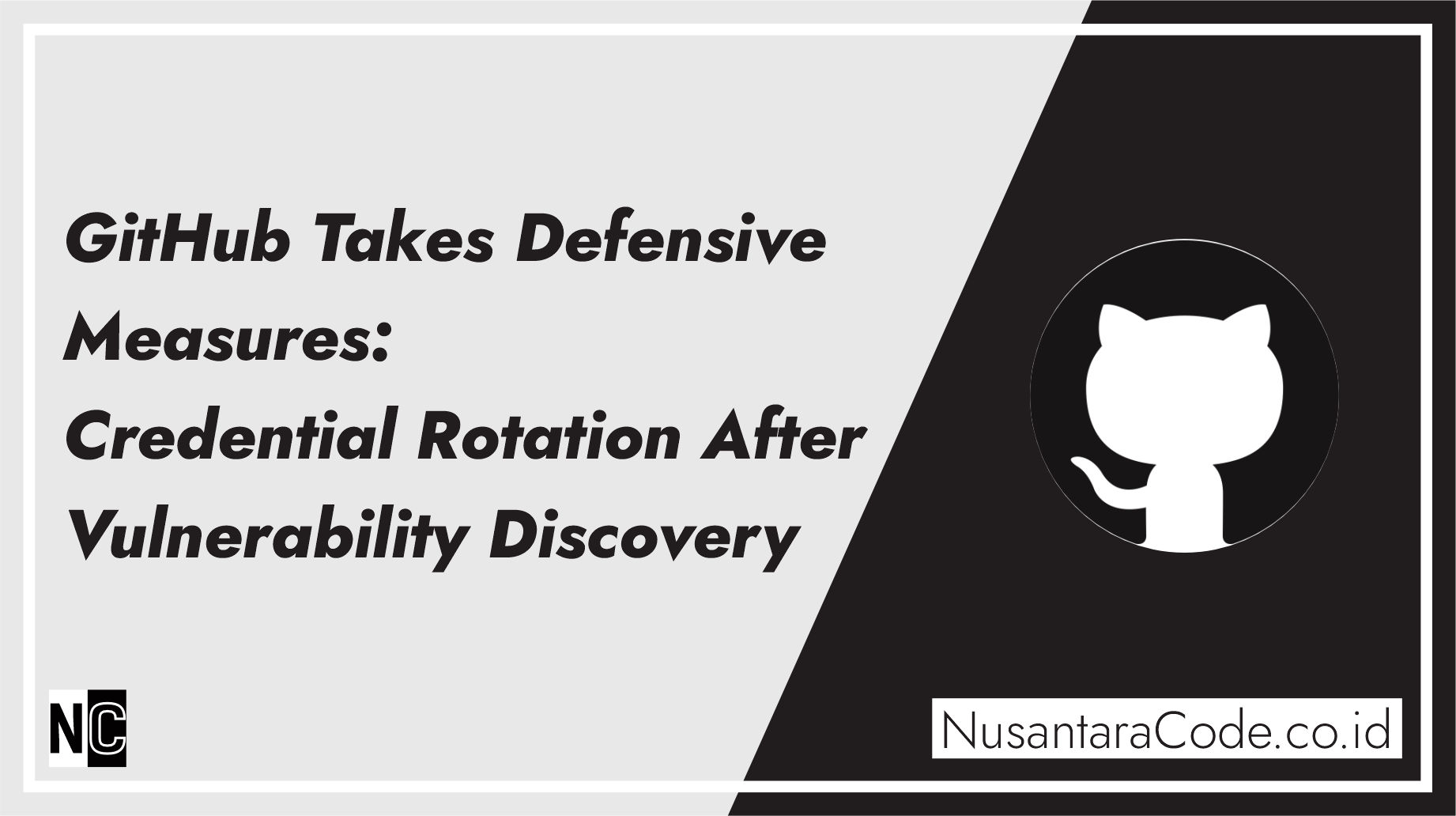In a proactive move to safeguard its vast user base, GitHub recently undertook a comprehensive credential rotation following the discovery of a critical vulnerability. This incident, while concerning, highlights the platform’s commitment to security and its swift response to potential threats.
The Vulnerability:
On December 26, 2023, a security researcher, through the platform’s bug bounty program, alerted GitHub to a high-severity vulnerability (CVE-2024-0200). This flaw, if exploited, could have granted attackers access to sensitive credentials stored within a production container.
Immediate Action:
Commendably, GitHub responded swiftly. The vulnerability was patched on the same day, and a thorough investigation confirmed no evidence of its exploitation in the wild. However, out of an abundance of caution, the company initiated a complete rotation of all potentially exposed credentials.
Affected Credentials:
The rotation encompassed a wide range of sensitive data, including:
- GitHub’s commit signing key: This key ensures the integrity of Git commits and protects against code tampering.
- Customer encryption keys for various services: These keys safeguard sensitive data used in services like GitHub Actions, Codespaces, and Dependabot.
Impact on Users:
While the credential rotation is a necessary security measure, it may cause some temporary disruptions for users who rely on the affected keys. For instance, developers using GitHub’s commit signing key for Git verification will need to import the newly generated one to avoid interruptions.
Transparency and Communication:
GitHub has been transparent throughout the process, promptly informing its users about the vulnerability, the patch, and the ongoing credential rotation. This open communication fosters trust and confidence among the platform’s extensive user base.
Lessons Learned:
This incident serves as a valuable reminder of the ever-evolving threat landscape in the digital world. It underscores the importance of:
- Proactive vulnerability detection: Robust security programs and active bug bounty programs play a crucial role in identifying and resolving vulnerabilities before they can be exploited.
- Swift response and remediation: Time is of the essence in cybersecurity. GitHub’s prompt patching and credential rotation demonstrate the importance of decisive action in mitigating potential threats.
- Transparency and communication: Keeping users informed throughout the process builds trust and fosters a sense of community security.
Moving Forward:
GitHub’s proactive approach to this vulnerability is commendable. The incident highlights the platform’s commitment to user security and its dedication to maintaining a safe and secure environment for its millions of developers and users. As the digital landscape continues to evolve, it’s crucial for all online platforms to prioritize security and adopt proactive measures to safeguard sensitive data and protect their users.
Additional Resources:
- GitHub Security Blog: https://github.blog/category/security/
- CVE-2024-0200 Details: https://cyberguardianhub.com/github-rotates-keys-to-mitigate-impact-cve-2024-0200/
- Bug Bounty Programs and Security Research: https://www.hackerone.com/
By staying informed, vigilant, and adaptable, we can collectively work towards a more secure and trustworthy digital future.
